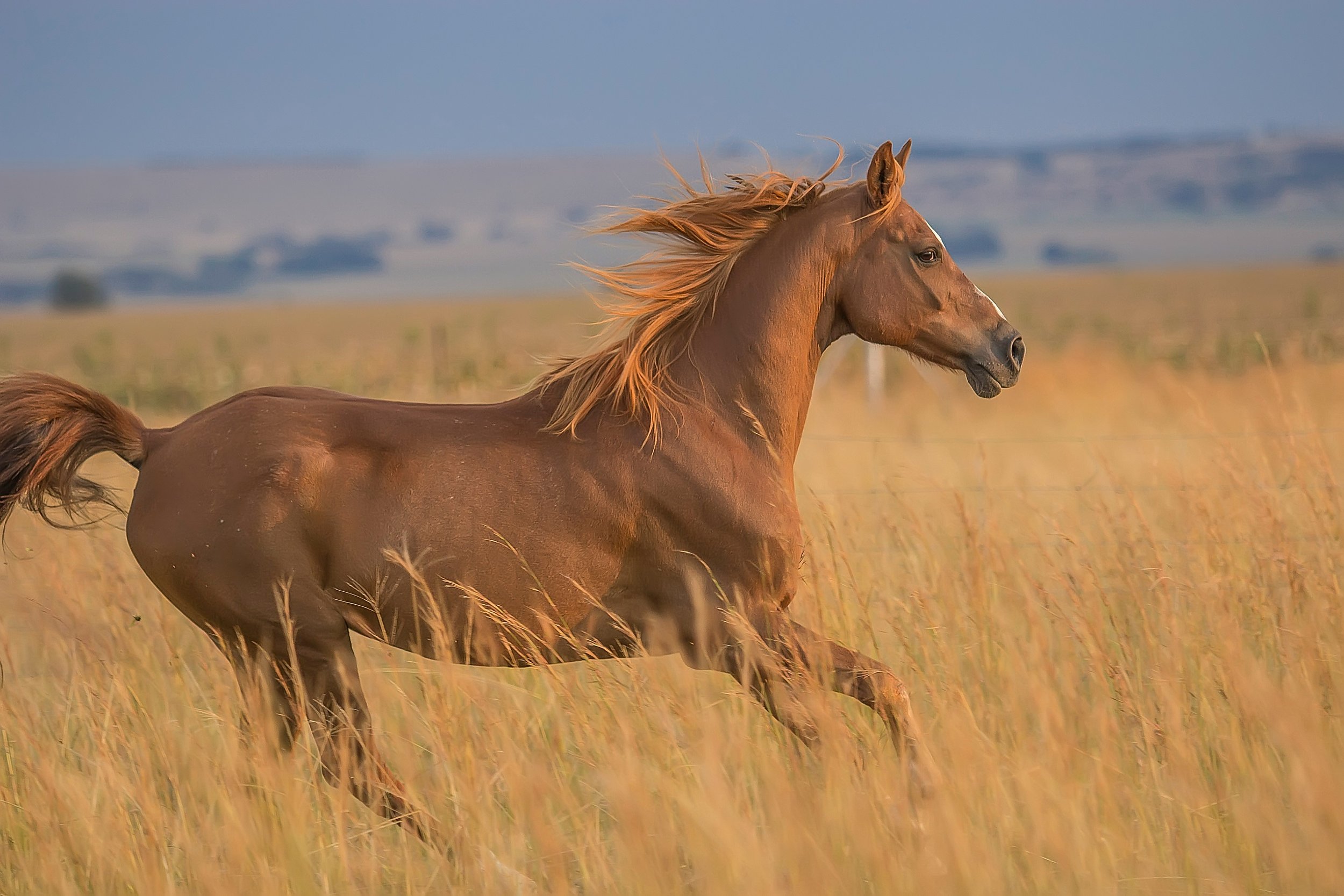Victory for wild horses as federal court overturns BLM’s “corrupt” cash-for-adoption program
The Bureau of Land Management’s controversial scheme offered $1,000 for each wild horse adopted, but records revealed some people were ‘adopting’ the animals and then just sending them to slaughter after payment.
The Bureau of Land Management’s (BLM) controversial cash incentive adoption program has faced a legal defeat in court in what is being described by advocates as a “landmark victory” for wild horse protection.
Launched in 2019, the BLM’s Adoption Incentive Program (AIP) pays individuals $1,000 to adopt wild horses and burros in an effort to help remove the animals from public lands.
But just a few years later in 2022, an extensive report documented how the scheme had become a “pipeline to slaughter” for many of these federally-protected animals.
Released by advocacy group the American Wild Horse Campaign, the investigation found that the AIP is “routinely” being defrauded by adopters who, after pocketing the taxpayer-funded cash incentives, then quickly sent their adopted wild horses and burros to livestock auctions. Livestock auctions are commonly-known as ‘kill pens’.
The findings were mirrored in a widely publicized exposé in The New York Times, which included an example case study of a farmer whose family received at least $20,000 for adopting mustangs via the AIP program, but sold them “almost as soon as he legally could.” The animals were sold to a Texas livestock auction, known to attract so-called ‘kill buyers’.
Now after years of controversy, the United States District Court for the District of Colorado has overturned the BLM’s adoption program.
During the ruling on March 3, the court found that the program had violated multiple federal laws by failing to undergo required National Environmental Policy Act (NEPA) and Administrative Procedures Act (APA) requirements.
The court said that “it is not hard to imagine” that the slaughter of wild horses would be “fairly traceable” to the agency’s adoption scheme. BLM was also found by the court to have failed to conduct a legally required public comment and agency review for the program.
Judge William J. Martínez quoted BLM’s own internal concerns, that the scheme’s “easy money aspect … may bring out potential for fraud, abuse, and neglect.”
Advocacy groups welcomed the judge’s decision to overturn the BLM’s adoption incentive program.
“This ruling halts this corrupt federal program that has funneled hundreds of federally-protected wild horses and burros into the slaughter pipeline in violation of Congressional protections," said Suzanne Roy, Executive Director of American Wild Horse Conservation.
"We’re grateful that the court recognized what we have long known — that the BLM's program was not only unlawful but also fundamentally at odds with the agency’s duty to protect these iconic animals and treat them humanely," added Roy.
Roy says that her advocacy group’s ongoing investigation of the program is likely just the tip of the iceberg.
Despite the US being the birthplace of the world’s first horses, advocacy groups say that today’s population of free-roaming wild horses is in critical decline. Campaigners often blame the BLM’s management of wild horses, which is typically viewed as favoring the leasing out of its land to ranchers for cattle rather than for wild horses to live on. It is estimated that there are around 30,000 wild horses roaming freely on public lands, with a further 50,000 in government holdings.
To find out more about the history of America’s wild horses Species Unite recently chatted with Erik Molvar, wildlife biologist and the executive director of the Western Watersheds Project, a nonprofit conservation group dedicated to protecting and restoring wildlife and watersheds across the American West. Listen to the podcast episode here.
We Have A Favor To Ask…
Species Unite amplifies well-researched solutions to some of the most abusive animal industries operating today.
At this crucial moment, with worldwide momentum for change building, it’s vital we share these animal-free solutions with the world - and we need your help.
We’re a nonprofit, and so to keep sharing these solutions, we’re relying on you - with your support, we can continue our essential work in growing a powerful community of animal advocates this year.






